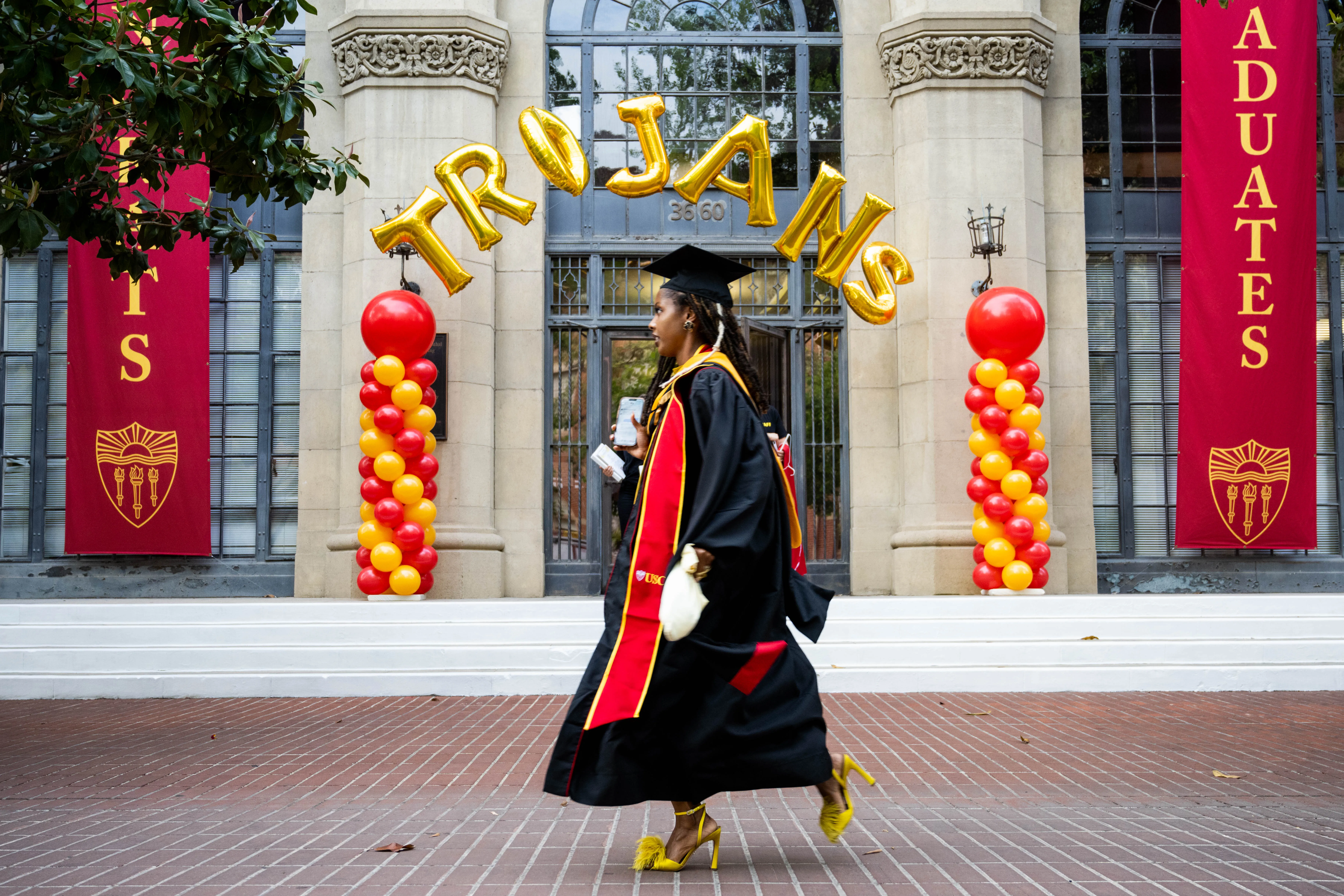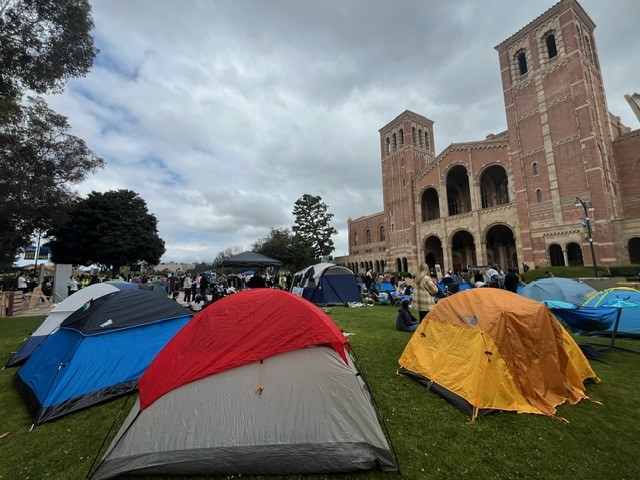More than a month after the Los Angeles City Council voted to move forward with a program to install 81 cellphone towers around the city, residents in the affected areas are threatening a lawsuit to stop the program.
Pushing the county Board of Supervisors' move to cancel the project to put cell towers on fire stations, residents are questioning the motive for the city to move forward placing the towers on local police stations.
"If they weren't healthy for the firefighters, why would it be healthy to put on hospitals, near schools, near people's homes?" said Kevin Mottus, an opponent of the towers.
Mottus joined half a dozen other residents with more than 300 signatures of even more opponents to the plan claiming they did not have an opportunity to comment.
At odds is the LA-RICS program, a federally-funded program that runs out in September. It's supposed to help provide the funds to create the country's largest communications network designed solely for emergency operation in the event of a major disaster. Lawmakers in Sacramento allowed for local cities to circumvent environmental protocol so as to not lose the
federal funds.
"This is going to greatly enhance public safety," Councilman Mitch Englander said. "We have to make sure that we are prepared and we can have all our public safety personnel and first responders be able to communicate."
But opponents say the money would be better spent finding a better way to communicate without risking public health.
Shane Gregory, who also attended the council meeting, said she experienced the effects of the cell towers firsthand.
News
Top news of the day
"I felt so ill and I had no idea what was going on," she said, claiming she hired an electrical engineer who found high radio frequencies around her Burbank apartment and advised her to move.
Gregory said the ordeal changed her whole thought on cellphone towers.
"Had it not happened to me, I might be in that camp (in favor of the towers), but it did happen to me. It is real, I know it, I can feel it," she said.
While numerous studies have been done on both sides of the health risks of cell towers - both claiming there's no risk at all to others claiming there's imminent danger - officials with the LA-RICS program cite FCC regulations claiming ground-level emissions from the LA-RICS towers are 1,000 times less than the most stringent safety level.
A spokesman for the program says tower emissions are 25 times less than a standard laptop computer, 31 times less than a microwave oven, 150 times less than a Bluetooth headset and 380 times less than a cordless phone - devices, he points out, most people use every day.
"LA-RICS system absolutely will benefit public safety in a disaster-prone region," a spokesman said in a statement to NBC4, "It will replace an aging patchwork of 40 separate radio networks that prevent safety personnel from talking to each other and it will wean those agencies from commercial broadband, which crashes from overuse during emergencies."
Additional information provided by LA-RICS is available on the program's website: www.larics.org



